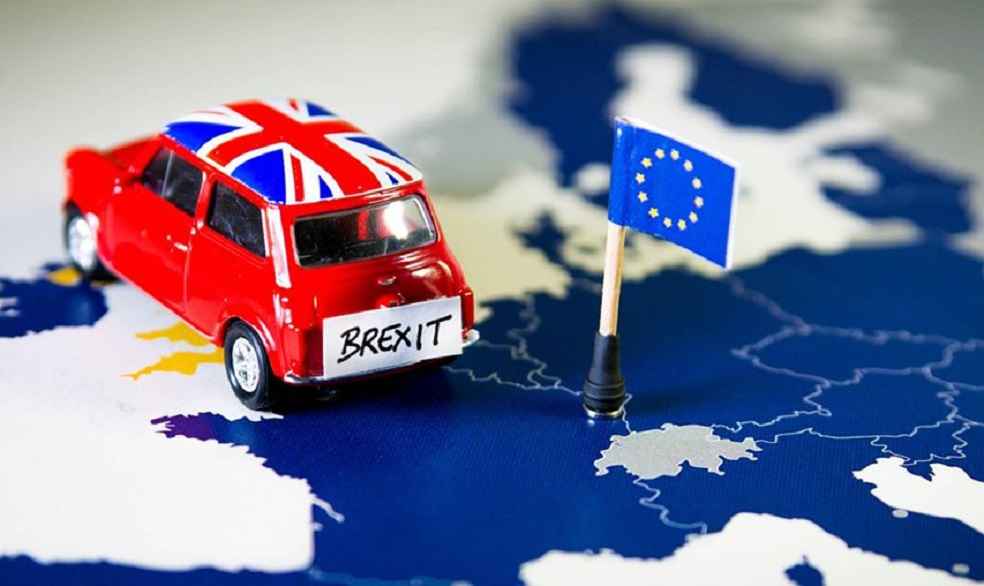The repercussions of Brexit continue to devastate Britain’s automobile industry, predicting the eventual demise of the country’s car manufacturing sector, another casualty of Boris Johnson’s controversial decision to leave the European Union. This predicament represents yet another blow to the British industrial sector, sacrificed in the pursuit of “Sovereignty”.
It is a tragic scenario, given that the voters were never fully informed about the impending consequences by Brexit proponents like Johnson and Nigel Farage. Areas such as Swindon and Sunderland, which heavily rely on the auto industry and their integration into European supply chains, had cast their vote for Brexit in 2016. But had they known that Honda and Nissan would reconsider their commitments to these locations, would they have still voted Leave?

Current circumstances forecast an imminent disaster. Stellantis, a giant auto group owning a significant portion of the global car industry, including Vauxhall’s electric vehicle (EV) production in the UK, has explicitly discussed the closure of operations if the cost of EV manufacturing in the UK becomes uncompetitive.
An internal memo leaked from Stellantis underlines the possibility of manufacturers relocating their operations outside the UK, as seen with Ford and Mini. This move could potentially lead to the loss of many thousands of skilled jobs, particularly in areas desperate for investment, and cause a once thriving British export industry to shrivel within the next few years.
The ill-fated turn of events can be traced back to former prime minister Johnson, who, with a firm Brexit deal and a majority of 80 seats in December 2020, had confidently declared that British exporters would face zero tariffs and zero quotas upon leaving the EU single market and customs union. However, this statement disregarded the critical “rules of origin” provisions in the EU-UK Trade and Cooperation Agreement.

These rules stipulate that to benefit from tariff-free trade, a proportion of EV components must be manufactured within Europe. The proportion is slated to decline from 60 per cent to 45 per cent by 2027. Failure to comply will lead to tariffs and taxes on UK exports, making them unprofitable. This process is set to begin on 1 January 2024 when a 10 per cent tariff will be applied to most electric vehicles traded between the EU and the UK.
Britain’s lack of a viable domestic automotive battery business, which has necessitated extensive imports from China, is a significant factor in this crisis. Considering that the majority of an EV’s value lies in its battery pack, UK-built vehicles risk violating the treaty’s rules of origin clauses. Although importing batteries from Europe could be a solution, this alternative also adds to costs and is limited by Europe’s capacity.

In the short term, an emergency revision to the Brexit treaty could delay the collapse of significant parts of Britain’s nascent EV business. However, the uncertainties surrounding UK battery production will continue to deter investment and stifle industries. Had Brexit never occurred, British exports to the EU would have remained exempt from tariffs under all circumstances. This stark contrast underlines the Brexit fallout, making the UK a risky investment destination and hampering new industries and service sectors far beyond car manufacturing. This is the real cost of Brexit – a decision that leaves Britain poorer than it could have been.





